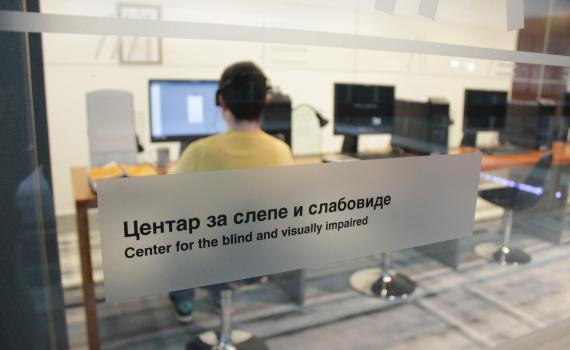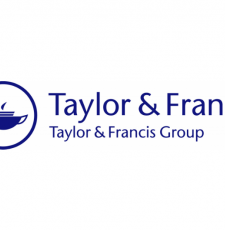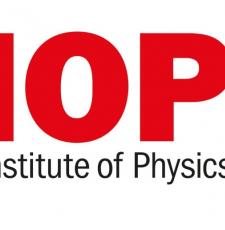
The EIFL guide to the Marrakesh Treaty, first published in December 2014, has been re-designed and is now available in Serbian, in addition to English, French and Russian.
As part of the re-design, the EIFL Recommendations for implementation of the treaty have been brought together in a handy two-page summary. A new table of contents makes the guide easier to use.
EIFL would like to thank Dragana Milunovic, EIFL Copyright Coordinator, and Library Adviser at the Section for Blind and Visually Impaired People, National library of Serbia for the translation into Serbian. We hope that the new translation will help librarians in south-east Europe to advocate for ratification of the treaty in the region.
The guide is published under a Creative Commons Attribution License, and we encourage translation and re-use.
Click here to download the guide in English, French, Russian and Serbian.
ABOUT THE GUIDE
The Marrakesh Treaty: an EIFL Guide for Libraries - the first of its kind - provides an introduction to the Marrakesh Treaty for persons with print disabilities (2013), its key provisions and recommendations for national implementation in order to maximize the opportunities it offers to libraries to increase the reading materials available to persons with print disabilities.
The guide is in two parts. Part One is a straightforward introduction to the treaty, its key provisions, and the role of libraries in contributing to the treaty’s objectives.
Part Two provides a practical interpretation of the major technical provisions, with recommendations, in line with public interest goals of enabling access to knowledge.
While the guide is aimed at libraries, it can be easily adapted for use by other institutions meeting the treaty’s definition of “authorized entity”. It is available in English, French, Serbian and Russian.
BACKGROUND
In June 2013, member states of the World Intellectual Property Organization (WIPO) adopted the “Marrakesh Treaty to Facilitate Access to Published Works for Persons Who Are Blind, Visually Impaired, or Otherwise Print Disabled”.
Libraries are key to the success of the treaty for two main reasons. Throughout the world, libraries have a long history serving people with print disabilities, and only blind people’s organizations, libraries and other so-called “authorized entities” can send accessible format copies to other countries.
Because the treaty provides countries with important policy options, librarians need to be involved in the development of implementing national legislation to ensure the maximum possible benefit, and to effectively meet the objective of the treaty - to end the book famine for print disabled people.
EIFL is supporting ratification of the treaty in partner countries, and its implementation into national copyright law. Twenty ratifications are needed for the treaty to enter into force. To date, eleven countries have ratified the treaty.
SHARE / PRINT









